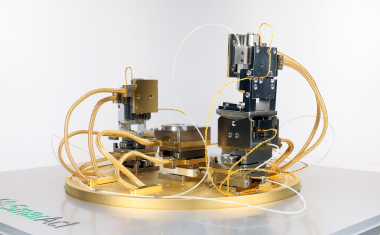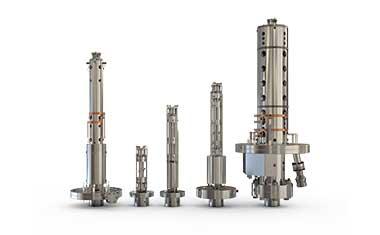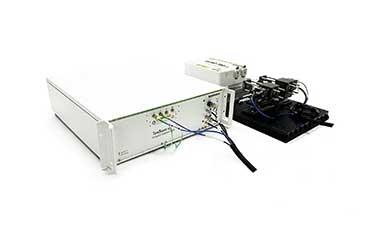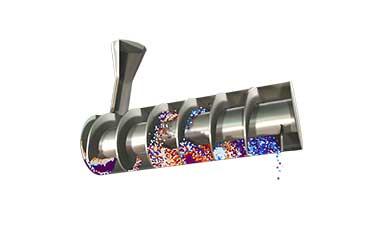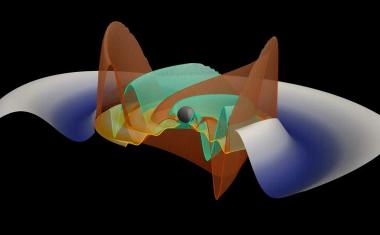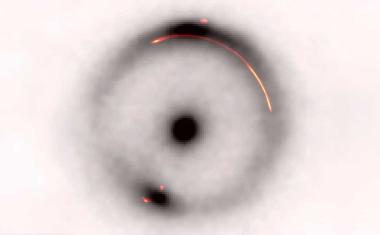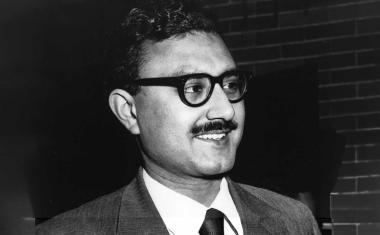Why You Hear What You Hear
Eric J. Heller: Why You Hear What You Hear: An Experiential Approach to Sound, Music, and Psychoacoustics, Princeton University Press, Princeton 2012, 624 S., geb., 92,99 Euro, ISBN 9780691148595
Eric J. Heller
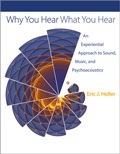
Why You Hear What You Hear is the first book on the physics of sound for the nonspecialist to empower readers with a hands-on, ears-open approach that includes production, analysis, and perception of sound. The book makes possible a deep intuitive understanding of many aspects of sound, as opposed to the usual approach of mere description. This goal is aided by hundreds of original illustrations and examples, many of which the reader can reproduce and adjust using the same tools used by the author (e.g., very accessible applets for PC and Mac, and interactive web-based examples, simulations, and analysis tools will be found on the book's website: whyyouhearwhatyouhear.com. Readers are positioned to build intuition by participating in discovery.
This truly progressive introduction to sound engages and informs amateur and professional musicians, performers, teachers, sound engineers, students of many stripes, and indeed anyone interested in the auditory world. The book does not hesitate to follow entertaining and sometimes controversial side trips into the history and world of acoustics, reinforcing key concepts. You will discover how musical instruments really work, how pitch is perceived, and how sound can be amplified with no external power source.
Sound is key to our lives, and is the most accessible portal to the vibratory universe. This book takes you there.
- The first book on sound to offer interactive tools, building conceptual understanding via an experiential approach
- Supplementary website will provide Java, MAX, and other free, multiplatform, interactive graphical and sound applets
- Extensive selection of original exercises available on the web with solutions
- Nearly 400 full-color illustrations, many of simulations that students can do
Eric J. Heller is the Abbott and James Lawrence Professor of Chemistry and Professor of Physics at Harvard University, and a member of the National Academy of Sciences.



